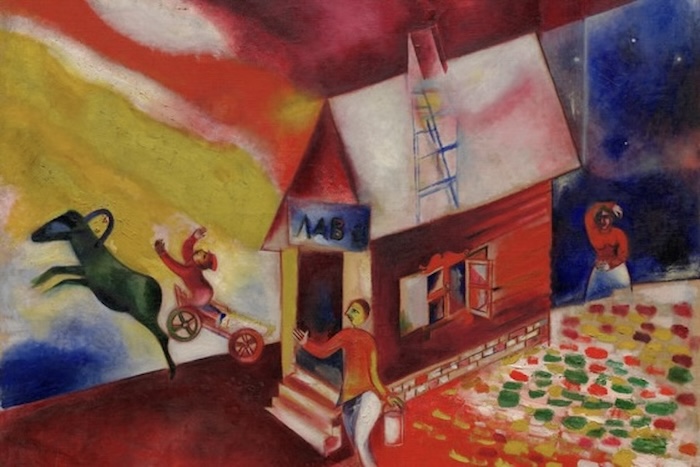
The Last Colossus: On Cynthia Ozick’s In a Yellow Wood
Volumes of a writer’s selected or collected work usually have a kind of a grandness to them, an authoritative summing up that pretends to the definitive, and are the outcome of retrospective weighing: the author, if they have made the selections, or a custodian of their work — spouse, editor, literary executor — has looked at years of production and decided that these writings will stand for what the writer and their work was. You can go further into their corpus and search out the oddities, the minor, the incomplete and occasional, the neglected, but this material before you is the main substance — it will offer the most up-front and prepossessing (some might say imploring) portrait, a testament, for better or worse, of what is past and aspires toward the enduring, a record colored and oddly shaped by the strengths and weaknesses of a particular mind either deceased or soon-to-be. And there, I’m not out of the first paragraph and mortality has entered, though I’d intended to hold it off longer. But how not to remark the truly remarkable fact that Cynthia Ozick, who has just published In a Yellow Wood: Selected Stories and Essays, is ninety-seven years old?

